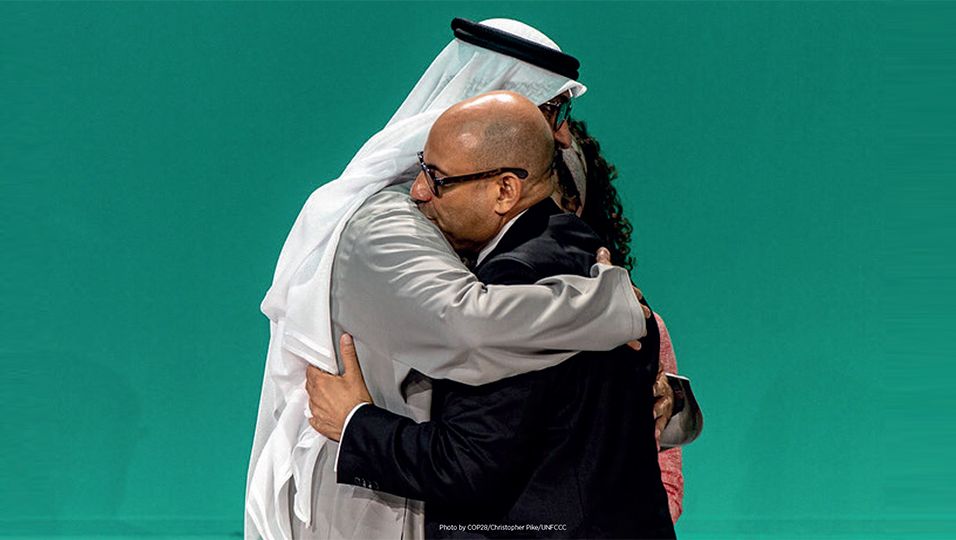Emerging countries will be entitled to point out that developed nations are not setting a good example during discussions at at COP28, according to Raphael Pitoun, portfolio manager of the Trium Sustainable Innovators Fund.
He highlights recent political decisions in developed countries are in contrast with decarbonisation goals, and this will be a key issue at the upcoming climate change summit in UAE this December.
See also: – Road to COP28: Fight for right to protest and methane scandal
Here, Pitoun answers ESG Clarity’s questions on progress and predictions.
Has there been progress on the promises made at COP27?
There has been some progress in one area – helping very small countries, particularly in the Caribbean, deal with the effects of climate change. However, there has unfortunately not been much progress on addressing the causes of climate change. According to the Intergovernmental Panel on Climate Change (IPCC), the current policies in place will lead to a 2.8C temperature rise by the end of the century. This is unsustainable.
What do you think should be prioritised at COP28? What do you think will be the key outcomes/areas of focus?
The success of this COP is likely to be assessed based on one clear priority – countries must provide new targets to reduce carbon emissions by 2030, as the pledges made during the previous COPs need to be accelerated. The EU is also pushing for a commitment that the world should phase out fossil fuels entirely by 2050. Furthermore, transfers from rich to poor countries regarding the climate transition should be increased significantly. The $100bn yearly commitment decided during COP27 is not up to scale and the investment required is in the trillions of dollars.
Where will there be resistance in terms of regions or issues?
The financing of the transition will be one of the key issues. Emerging countries will be entitled to point out that developed countries do not always set a good example, given recent political decisions in the US and the UK that are in contradiction with bringing an end to fossil fuels. The North versus South delineation unfortunately remains relevant, and the recent BRICS summit held in South Africa shows the extent to which current geopolitical divisions will make the negotiations difficult. It is encouraging to see that climate talks between the US and China have resumed, but it is unclear whether there is enough momentum to tackle the immense challenges of this conference.









